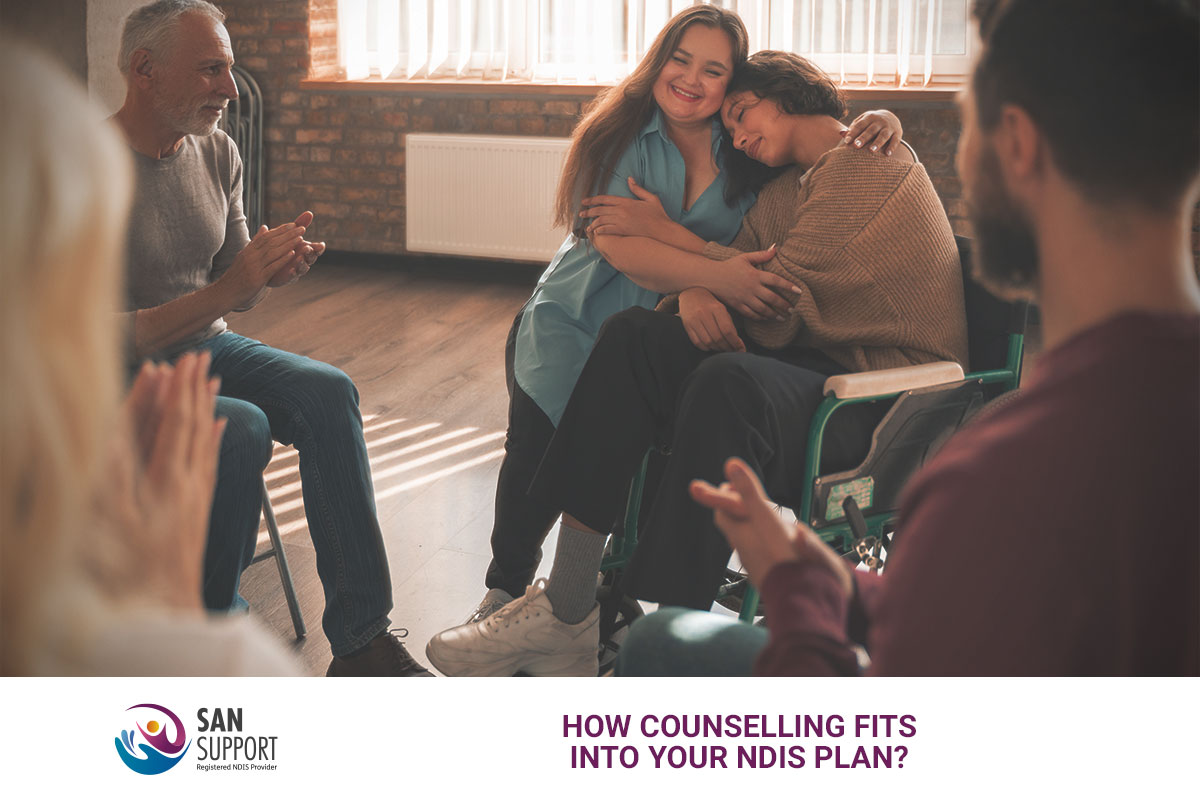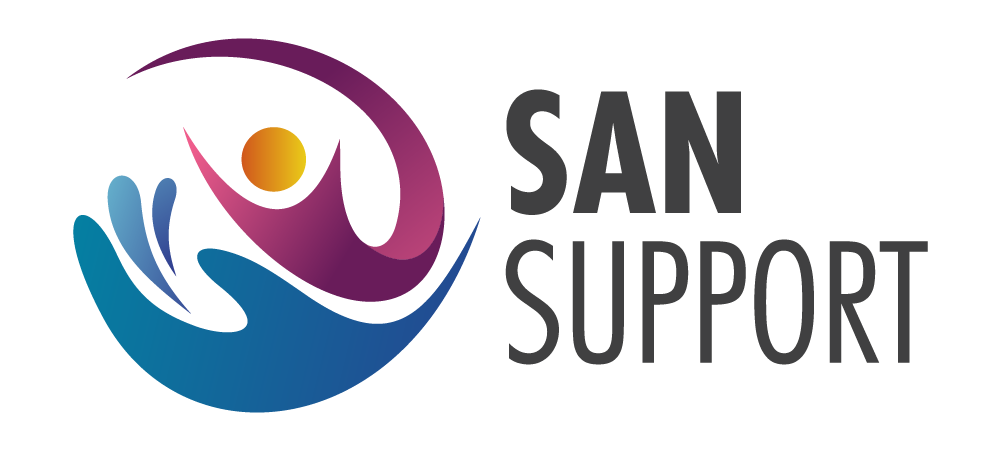
When people think about NDIS services, they often focus on physical supports like personal care, mobility aids or community access. However, mental health support through counselling is just as important and often overlooked. If you are an NDIS participant, counselling can play a powerful role in improving your emotional well-being, building coping strategies and helping you navigate life with confidence.
In this article, we explore how counselling fits into your NDIS plan, what services are available and why it might be a valuable addition to your supports.
What Is Counselling in the Context of NDIS?
Counselling is a therapeutic service offered by trained professionals to help individuals manage emotional challenges, mental health concerns and everyday stress. Under the NDIS, counselling is recognised as an allied health support, meaning you may be eligible to access it as part of your plan.
A qualified counsellor will work with you to:
- Understand your emotional needs
- Navigate anxiety, depression, grief or anger
- Develop problem-solving skills
- Build resilience and improve your emotional health
Counselling sessions are tailored to your individual goals and move at your pace making it a flexible and supportive tool for personal development.
Types of Counselling Services Covered by the NDIS
Depending on your individual needs and goals, your NDIS plan may fund a variety of counselling services, such as:
- Psychological Counselling – Sessions with a psychologist focused on mental health diagnosis, therapy and recovery strategies
- Behavioural Therapy – Support to manage and adapt behaviours through evidence-based techniques
- Emotional Wellbeing Support – Help with managing emotional responses, self-esteem or confidence
- Coping and Stress Management – Development of daily strategies for dealing with fatigue, pain, sleep issues or social stressors
Some of the common areas NDIS counselling can address include:
- Anxiety and depression
- Social isolation
- Sleep disturbances
- Anger and frustration
- Grief or loss
- Self-confidence
- Emotional regulation
- Adjustment to disability or life transitions
How to Access Counselling Through Your NDIS Plan
To access counselling, your NDIS plan must include the support category Improved Daily Living. This budget covers a wide range of allied health services, including counselling, if it relates to your goals and needs.
Here’s how to get started:
- Check your current plan to see if Improved Daily Living is included
- Speak with your Support Coordinator or Plan Manager to explore suitable providers
- Book an initial session, where your counsellor will get to know you and help define therapy goals
- Discuss how often you would like to meet and agree on how progress will be reviewed
Sessions can take place face-to-face, online or over the phone, depending on what suits you best.
How Long Should Counselling Last?
The duration and frequency of counselling under the NDIS depends entirely on your needs and available funding. Some participants may benefit from weekly support over several months, while others may only require short-term or occasional check-ins.
Your counsellor will work with you to create a therapy plan, regularly review your progress and adjust as needed. If something’s not working, you can explore a different provider or therapy type that’s a better fit.
Benefits of Counselling in Your NDIS Plan
Including counselling in your NDIS plan offers a wide range of benefits that support both mental health and everyday living.
Mental Health Support
Counselling creates a safe, judgment-free space to talk through your emotions, fears and challenges. Whether you are adjusting to a new diagnosis or managing long-term conditions, therapy helps build resilience and emotional stability.
Coping Strategies for Daily Life
Therapists teach skills to manage stress, pain, fatigue and emotional overload. These strategies empower you to respond more effectively to difficult situations, boosting your independence and self-confidence.
Improved Daily Living Skills
Counselling can help you develop practical skills for everyday life like personal care routines organisation or communication. This contributes directly to your independence and overall quality of life.
Reducing Social Isolation
Many participants feel disconnected or misunderstood. Counselling helps improve social confidence and teaches relationship-building skills, allowing you to engage more comfortably in your community.
Support for Families and Carers
Family and carers play a key role in your NDIS journey. Counselling can involve them in sessions to strengthen understanding, improve communication and address conflicts constructively.
Help Navigating Transitions
Major life changes like leaving school, starting work or moving into supported accommodation can be overwhelming. A counsellor can guide you through these changes and help you adapt with confidence.
Personal Growth and Self-Empowerment
Perhaps most importantly, counselling supports your personal development. You will gain greater self-awareness, set meaningful goals and learn how to advocate for your needs effectively.
When to Consider Counselling in Your Plan
You might want to explore counselling if:
- You are experiencing anxiety, depression or ongoing stress
- You are struggling with motivation or low self-esteem
- You want help with emotional regulation or relationships
- You have faced trauma or grief and need support processing it
- You feel isolated and want to build social confidence
- You are preparing for a major life transition
If any of these feel relevant, consider discussing it with your Support Coordinator, GP or Plan Manager.
Final Thoughts
Counselling is a powerful tool that supports NDIS participants on both an emotional and practical level. By including it in your plan under Improved Daily Living, you gain access to experienced professionals who are committed to helping you grow, feel heard and build the skills to thrive.
From managing everyday stress to building emotional strength and resilience, counselling supports your journey towards independence, confidence and well-being.
How SAN Support Can Help
At SAN Support, we believe mental health is just as important as physical health. That’s why we help NDIS participants:
- Connect with qualified counsellors and therapists
- Navigate plan funding under Improved Daily Living
- Coordinate supports to suit your goals
- Review and adapt supports based on your progress
Whether you are already accessing counselling or just starting to explore it, our team can guide you every step of the way so you can focus on what matters most: your wellbeing.
